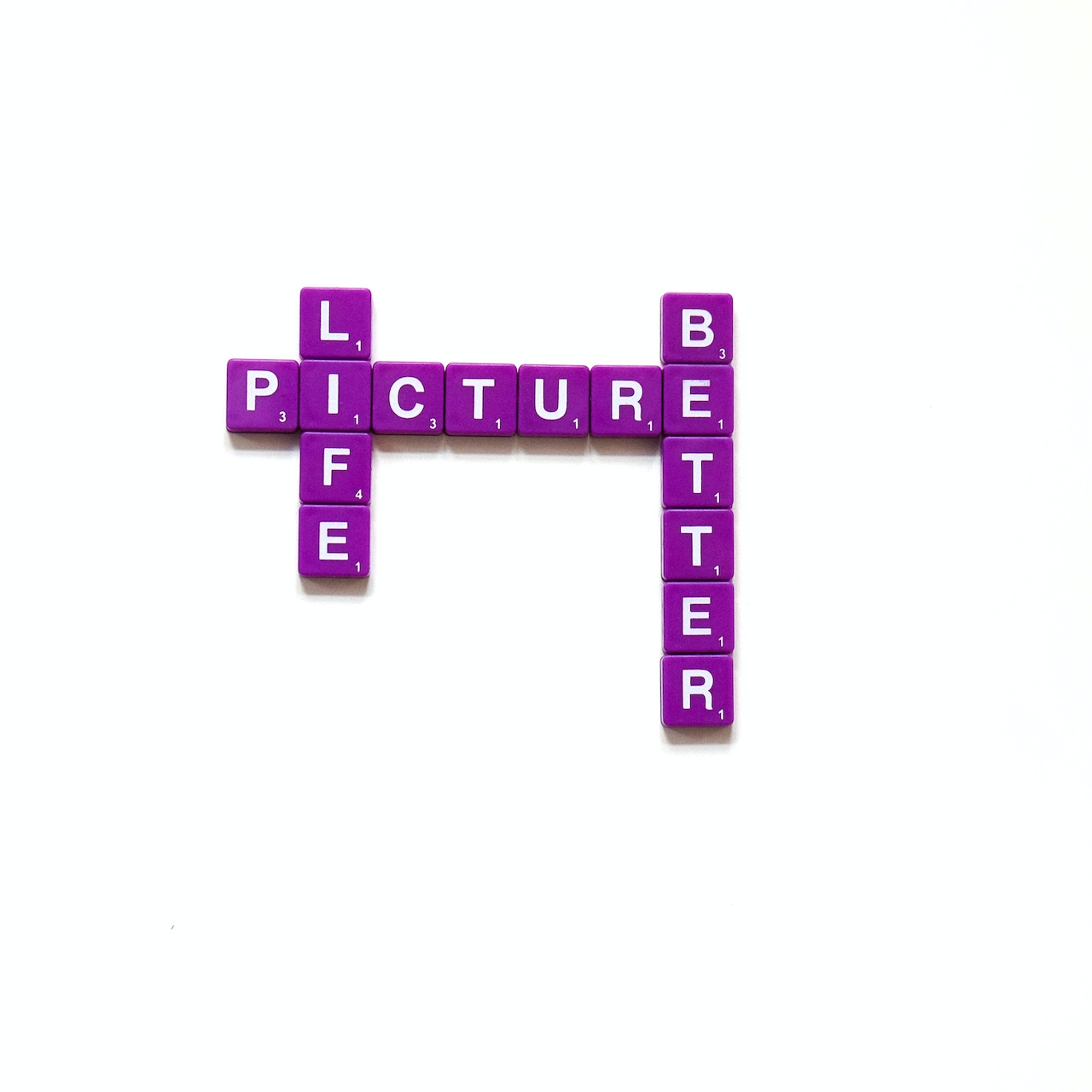“Words have a magical power. They can either bring the greatest happiness or the deepest despair.” Sigmund Freud
Can you think of a bad experience in a one-on-one feedback session with your boss? Perhaps a difficult annual review?
Raise your hand if that’s the case.
Now can you think of a time when you felt you outdid yourself? When you were eloquent, spoke from the heart, were professional, and when you were met with respect and attention from the other side?
What is the common thread between both situations? Well, both times you were communicating with another human being.
Wouldn’t you want more of the second experience, if you had the choice?
Which begs the question:
Why are we not taught how to communicate?
Not debate, persuade or influence, no, just communicate with others?
Yet I believe it’s one of the most crucial skills we can learn and the key to a more peaceful and fulfilling life.
Just imagine what the world would look like if everyone felt heard and listened to, and could express their feelings and needs.
Sadly, this was not what I experienced growing up. When I was about 11 years old, my mother became deeply depressed. She even tried to take her own life on several occasions. She survived and got better later on, but for a while, our family had to learn to communicate with someone who was passive-aggressive, occasionally verbally abusive and generally not in her right mind: on top of it all, she was mixing gin with her antidepressants.
I learned to walk on eggshells near her because my emotions and reactions were potential triggers. I developed a crisis response mode: retreat, observe from a safe(r) vantage point, and then, only if I deemed I had the appropriate response, would I speak or act.
My mother also encouraged me to ‘shush darling shush’. An enthusiastic introvert, with a passionate personality, my way of expressing myself was just too much for her as she made it clear on many occasions. So I held back. Or at least I tried to.
As a result, later on, many of my friends saw me as the diplomatic type. Very Swiss may I add.
It would take a lot for me to react to certain situations, but this came to bite me later in my career. Which brings me back to that negative annual review.
I can think of this one time, one bad meeting, after delivering a big project. My supervisor had essentially put me back in my place, giving me terrible, almost provocative feedback, which didn’t tie in with my daily experience of working together. All of that in writing. I didn’t say anything. I waited for our next one-on-one, which was just coming up.
My boss, a slim woman in her late thirties, who always sported a sharp blond bob, invited me into her office with a cordial, warm welcome. There was something behind her piercing green eyes, I couldn’t quite make it out. So we talked about the feedback. And to my surprise, she announced that she’d chosen to deliver this in order to get a reaction out of me. She kept on talking, but puzzled, I froze, not knowing what to say. And she went on, and on, about other things.
Meanwhile, the cogs were turning. She was trying to push me, but what for? She never made that clear, and in retrospect, I wish I’d asked:
What was your intention?
I walked out of the meeting, still confused. She was essentially trying to provoke me enough to make me speak up, or erupt? But something felt off. I may be cautious, but I’m not a wallflower.
I now know that one of the reasons I didn’t say anything before the meeting, or even then, is simply because I didn’t feel safe in that professional relationship. Not on a cognitive level however. But a part of me knew. Some of us (maybe a lot of us?) need to feel a sense of security to expose ourselves and speak from the heart.
It felt like a trap and, as accustomed as I was to walking on eggshells around difficult situations, I didn’t fall for it. From the outside, I had looked passive to her, but I’d been using my tried and tested method: proceed with caution, retreat, observe, and gather the facts before I act.
As my tennis teacher Virginia told me a couple of years ago, action follows intention.
My boss’s communication style was aggressive, and her intention was informed by her management style. Art of war kind of stuff, divide and conquer, destabilise your executives to keep them in check, and keep your power intact.
On a couple of occasions, colleagues of mine, experienced executives, called me in floods of tears as a result of such tactics.
That day, trust was broken. From the outside our relationship was fine; after all, I walked out with a raise and a bonus, but something was wrong, and I left that office thinking: we could do so much better. Both of us. I was holding off from speaking my mind, and she was not being honest about her intention. She didn’t want good things for me.
And the nature of our intention defines the quality of our relationships. Whether we are aware of our intentions or not.
On the few occasions I didn’t pause before speaking, just as my boss had wanted me to, when I did lash out – when I was unclear about my intentions (possibly not wanting good things for the other person) – I deeply damaged the relationships in question. When I didn’t consider why I was speaking out, it felt like I was wielding a sword that had a power of its own, or rather that I was ‘letting’ the damage be done. Words can be as beautiful as flowers, as the late Thich Nhat Hanh offered, but as Pearl Strachan Hurd said, “Handle them carefully, for words have more power than atom bombs.”
This event acted as a catalyst for me. I left that office, and later that job, with the conviction that I would work towards better communication, creating an environment where myself and my new team would feel safer, safe enough to express ourselves without fearing repercussions, away from playing games.
Luckily I became a meditation student.
From daily mindfulness and loving-kindness practice, over the course of a few months my life changed so much for the better that I felt a calling to certify as a teacher!
Over time, I learned to develop that sense of connection to my intention, to cultivate presence, so I could be more fully in the moment with others, instead of being wrapped up in my stories, thoughts or emotions.
Gradually, I became less judgmental, and kinder to myself; as a result I became kinder to others, more compassionate and empathetic.
The values that I found in secular mindfulness, and in the dharma, the Buddhist teachings, matched mine much more closely than anything I’d experienced in most workplaces I’d come across.
Then I discovered the work of Marshall Rosenberg and Non-Violent Communication, also known as NVC, a method that is meant to help us increase empathy, lessen judgement and improve our communication.
It felt like a revelation.
Today I stand here: a student and practitioner, a teacher and coach, who works with mindful communication.
I’m a fellow traveller; I’m not saying I’ve got it all figured out, but I’ve got some tools in my toolkit that come in handy to be heard by others, to listen better. Let’s be honest, I’m continuously learning! And it’s both my failures and successes in my own communication that empower me to talk about this topic.
If you wonder who I am doing this for, and why I’m telling you about it, of course, it’s for you, for me, for everyone who may be touched by this work. But at the back of my mind, or rather in my heart, I’m doing this for 11 year-old-me. And 17 year-old-me, and 27 year-old-me, etc. you get the gist.
If I could have my way, you’d find mindful communication practice in the curriculum of every school, every high school and university worldwide.
And you’d also find it at work, in every office, everywhere.
I just wish we had a better word for it. Better than ‘we need to talk.’
And better than ‘mindful communication.’
I think we do need a new word. A word that tells the story of being respected, of holding space, of feeling safe to express ourselves and a word that reminds us to deeply listen to each other.
“Words are not in the power of men; men are in the power of words,” said Herman Bahr
We have a choice, and I’d say we have a mission.
If we put our heads together, and if we find that powerful new word, perhaps we’ll finally build the culture that we all deserve.

